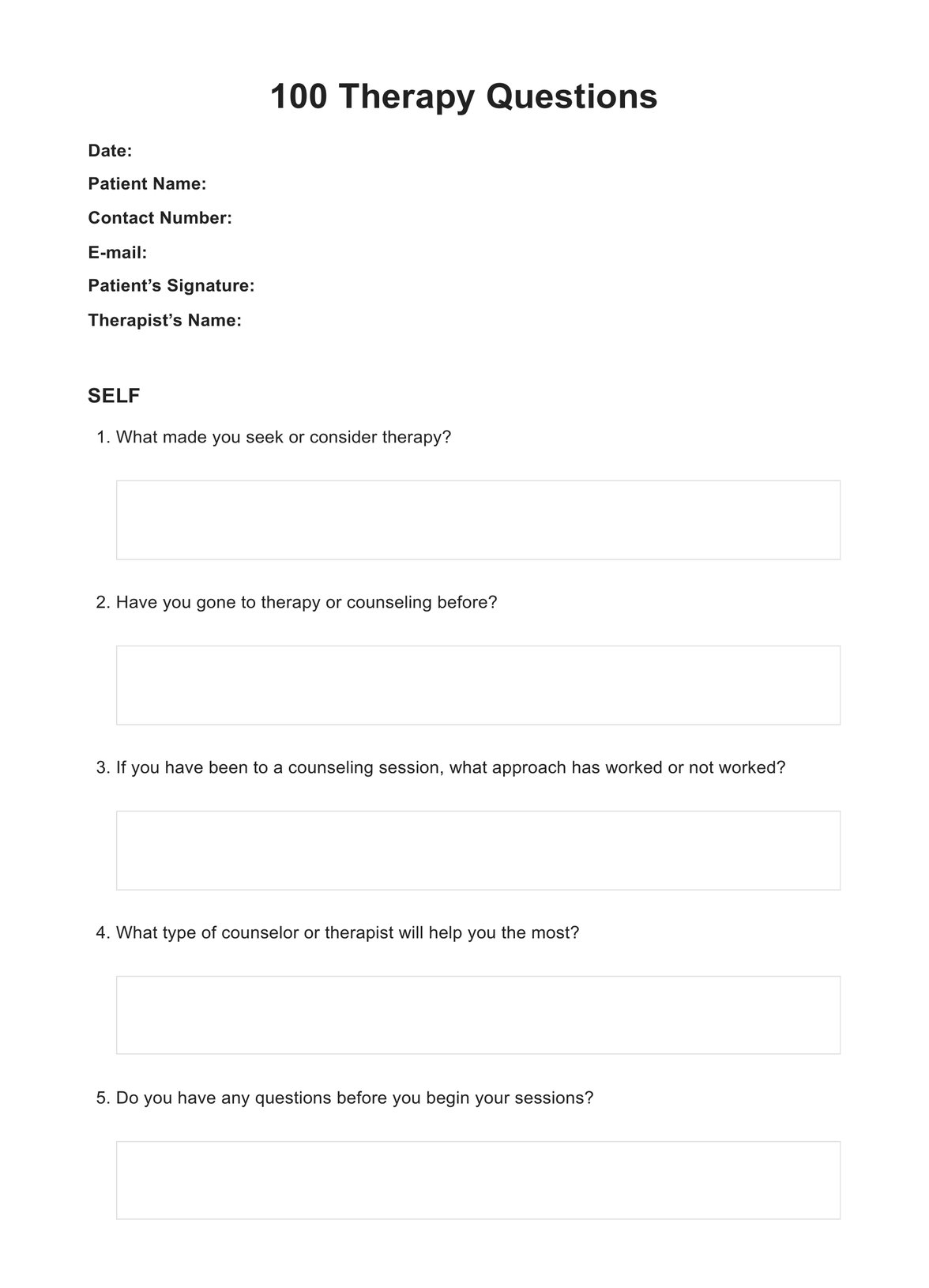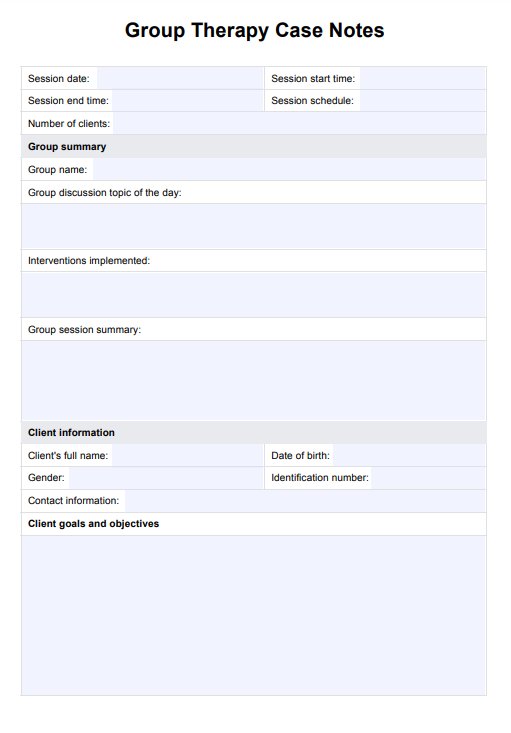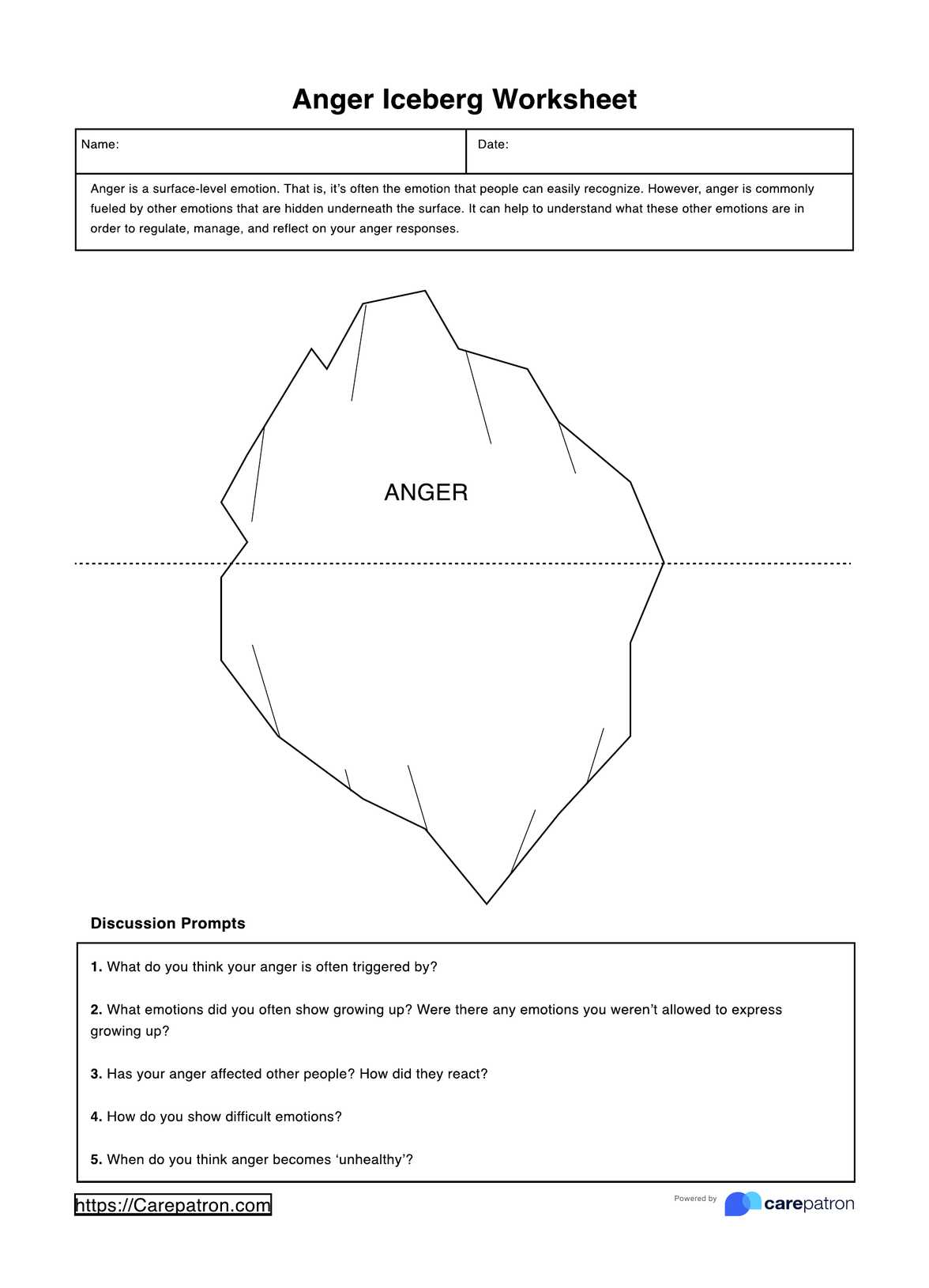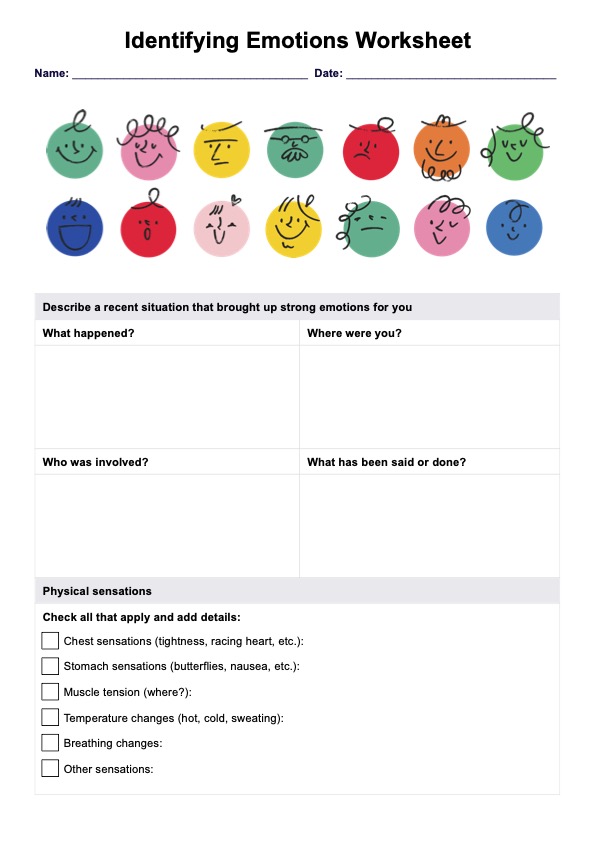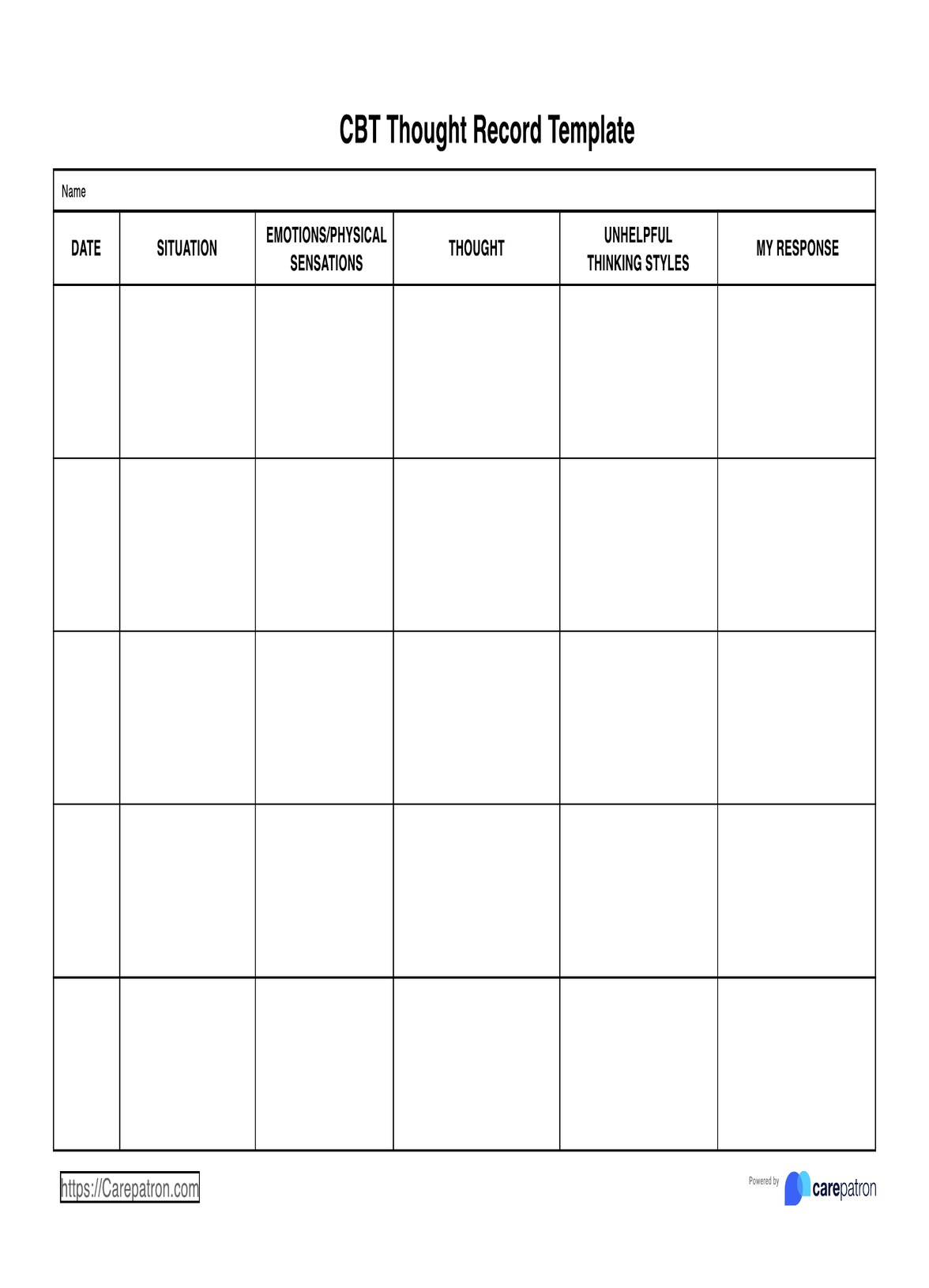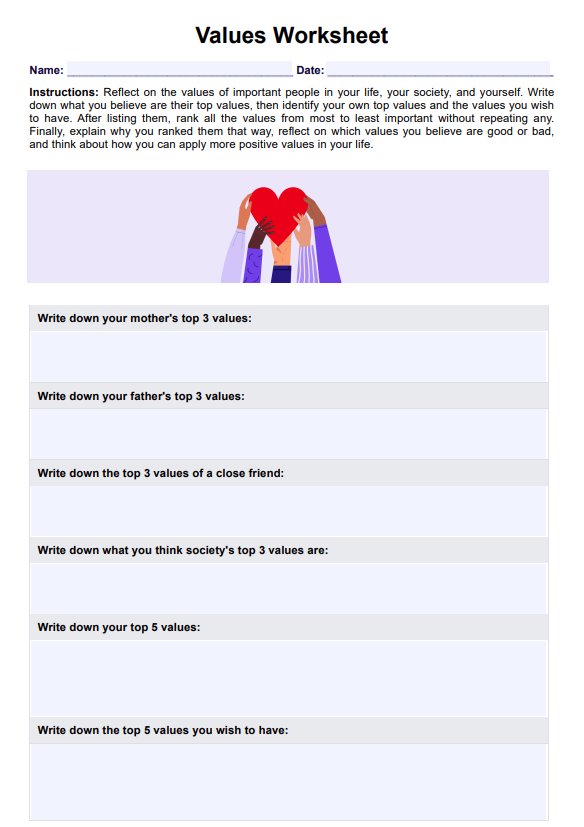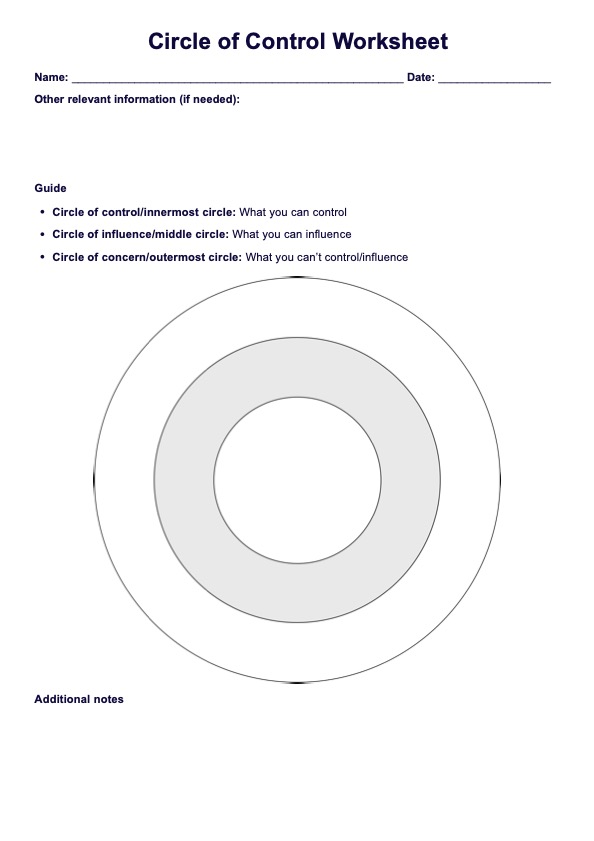Discussing Happiness with an Alien PTSD Worksheet
Explore healing with our Discussing Happiness with an Alien PTSD Worksheet. Empower recovery through unique methods.


What is Trauma and PTSD?
Trauma and PTSD, or Post-Traumatic Stress Disorder, are interconnected psychological conditions that can significantly impact an individual's well-being. Trauma is a distressing event or experience that overwhelms a person's ability to cope and often leaves them feeling helpless or threatened. Traumatic events can take various forms, such as physical or emotional abuse, accidents, natural disasters, combat, or witnessing violence. Trauma can shatter a person's sense of security and trust, leaving deep emotional wounds.
PTSD, on the other hand, is a specific psychological disorder that can develop in the aftermath of trauma. It involves persistent and distressing symptoms, including intrusive memories, flashbacks, nightmares, and severe anxiety or hypervigilance. People with PTSD often find it challenging to lead a fulfilling life, as the haunting memories of their trauma taint their daily experiences.
Treatment for PTSD typically involves therapy and, in some cases, medication. Cognitive behavioral therapy (CBT) and exposure therapy are commonly used to help individuals confront and process traumatic memories, gradually reducing their emotional impact. As individuals progress in therapy, they often find their capacity for happiness and gratitude improves.
Gratitude and happiness can be powerful tools in the recovery from PTSD. Cultivating gratitude through practices like journaling or mindfulness can help shift one's focus away from the trauma and towards the positive aspects of life. Developing a sense of happiness can provide a sense of normalcy and balance in the aftermath of traumatic experiences.
While healing from trauma and managing PTSD can be challenging, it is possible to rebuild one's life with professional support and personal resilience. Understanding the nature of trauma and the role of gratitude and happiness in recovery is essential for individuals affected by PTSD and the healthcare providers who support them.
Discussing Happiness with an Alien PTSD Worksheet Template
Discussing Happiness with an Alien PTSD Worksheet Example
How to use the Discussing Happiness with an Alien PTSD Worksheet:
The Discussing Happiness with an Alien PTSD Worksheet is a valuable tool for healthcare practitioners to facilitate open and meaningful discussions about happiness and well-being, especially in treating Post-Traumatic Stress Disorder (PTSD). It offers a structured approach to help clients articulate their feelings, challenges, and goals, enabling therapists to tailor their treatment plans effectively.
Here is how to use this worksheet:
Step 1: Introduction
Begin by explaining the purpose of the worksheet to the client. Stress that it is a tool to assist in understanding their experiences and helping them work toward greater happiness.
Step 2: Patient Information
Collect essential client information, such as name, date of birth, session date, and therapist's name.
Step 3: Understanding Trauma
Encourage the client to describe the traumatic event that led to their PTSD and how it has impacted their happiness. This step sets the stage for honest self-reflection.
Step 4: Current Emotional State
Ask the client to rate their current happiness level and provide detailed insights into the emotions they experience regularly.
Step 5: Challenges and Triggers
Explore the specific challenges and triggers related to their trauma that affect happiness. This can help identify key areas for intervention.
Step 6: Coping Mechanisms
Inquire about the client's coping strategies and their effectiveness. This step helps determine which coping mechanisms are beneficial and which may need adjustment.
Step 7: Goals and Aspirations
Discuss the client's goals regarding happiness and well-being, enabling them to envision a future with improved mental health.
Step 8: Therapeutic Interventions
Delve into the therapeutic approaches and strategies that have been discussed or could be explored. Clients can express their willingness to engage in specific treatments.
Step 9: Support System
Identify the client's sources of support, both personal and professional, as they play a crucial role in recovery.
Step 10: Homework and Self-Care
Collaborate with the client to establish self-care practices and homework assignments that promote happiness and recovery.
Step 11: Provider's Notes
As the therapist, record key takeaways from the session, therapeutic recommendations, and next steps for the client's well-being.
By following these structured steps, the "Discussing Happiness with an Alien PTSD Worksheet" helps healthcare practitioners guide clients through a therapeutic journey focused on achieving happiness and healing while addressing the challenges associated with PTSD. It fosters communication, self-reflection, and collaboration, ultimately leading to more effective treatment plans and improved mental health outcomes.
When Would you use this Discussing Happiness with an Alien PTSD Worksheet?
The "Discussing Happiness with an Alien PTSD Worksheet" is a versatile tool used in various contexts and by various healthcare professionals to address the specific needs of individuals living with Post-Traumatic Stress Disorder (PTSD). Here are some of the best and most appropriate times to use this worksheet:
Initial Assessment
Healthcare practitioners, including psychologists, psychiatrists, and therapists, can utilize this worksheet during the initial assessment of a patient diagnosed with or suspected of having PTSD. It helps establish a baseline understanding of the client's emotional state and key challenges.
Therapy Sessions
The worksheet is invaluable in individual therapy sessions focused on PTSD. Therapists can incorporate it into their sessions to maintain a structured and productive discussion about happiness, coping strategies, and goals, aligning the treatment plan with the client's aspirations.
Treatment Plan Development
As part of developing a personalized treatment plan, mental health professionals can employ this worksheet to collaboratively set goals, explore therapeutic interventions, and address the specific triggers and challenges faced by the client.
Progress Tracking
Throughout therapy, this worksheet can be revisited to track the client's progress and evaluate the effectiveness of interventions. It allows the client and the therapist to assess how well treatment strategies work.
Support Group Sessions
In group therapy sessions for individuals with PTSD, group facilitators can adapt this worksheet to guide discussions on happiness and well-being, encouraging group members to share their experiences and insights.
Self-Help and Self-Reflection
Individuals living with PTSD can also use this worksheet for self-help and self-reflection. It provides a structured framework for them to assess their well-being, identify areas for improvement, and set personal goals.
What are the Benefits of Using this Discussing Happiness with an Alien PTSD Worksheet?
Structured Assessment (Evidence-based approach)
This worksheet provides a structured approach to assess a client's well-being, ensuring that no crucial aspects of their mental health are overlooked. The structured assessment aligns with evidence-based practices that improve the quality of care.
Enhanced Communication and Self-Reflection
The worksheet promotes open and honest communication between the client and the therapist. Research has shown that effective communication is essential in the therapeutic process, allowing clients to express their feelings, fears, and goals.
Clients can engage in self-reflection, which is a key component of healing. The worksheet encourages clients to introspect, helping them better understand their emotions and experiences.
Tailored Treatment Plans
Therapists can create highly personalized treatment plans by systematically collecting information about the client's emotional state, coping mechanisms, and goals. Tailored interventions are more effective in addressing PTSD symptoms.
Progress Monitoring
The worksheet allows for tracking progress over time. Research indicates that regular progress assessments are valuable in adjusting treatment strategies and gauging the effectiveness of interventions.
Collaboration and Goal Setting
Clients and therapists can collaboratively set achievable goals for well-being, aligning with a client-centered approach that empowers individuals in their recovery. Research has consistently shown that goal setting in therapy can significantly improve client motivation and outcomes.
Versatility and Accessibility
This worksheet can be used by various healthcare professionals and adapted to different stages of treatment, making it a versatile resource for managing PTSD. The availability of a free Discussing Happiness with an Alien PTSD Worksheet makes it accessible to a wide range of healthcare practitioners and clients.
Commonly asked questions
The primary purpose of this worksheet is to facilitate structured discussions about happiness and well-being, particularly in the context of PTSD treatment. It helps healthcare professionals and clients delve into their emotions, challenges, and goals.
While it is not exclusive to CBT, the worksheet can be used in various therapeutic approaches, including CBT, to guide discussions and interventions related to happiness and PTSD.
The "Discussing Happiness with an Alien PTSD Worksheet" can be accessed online or through relevant healthcare platforms. It may be available for free or through licensed healthcare software providers.


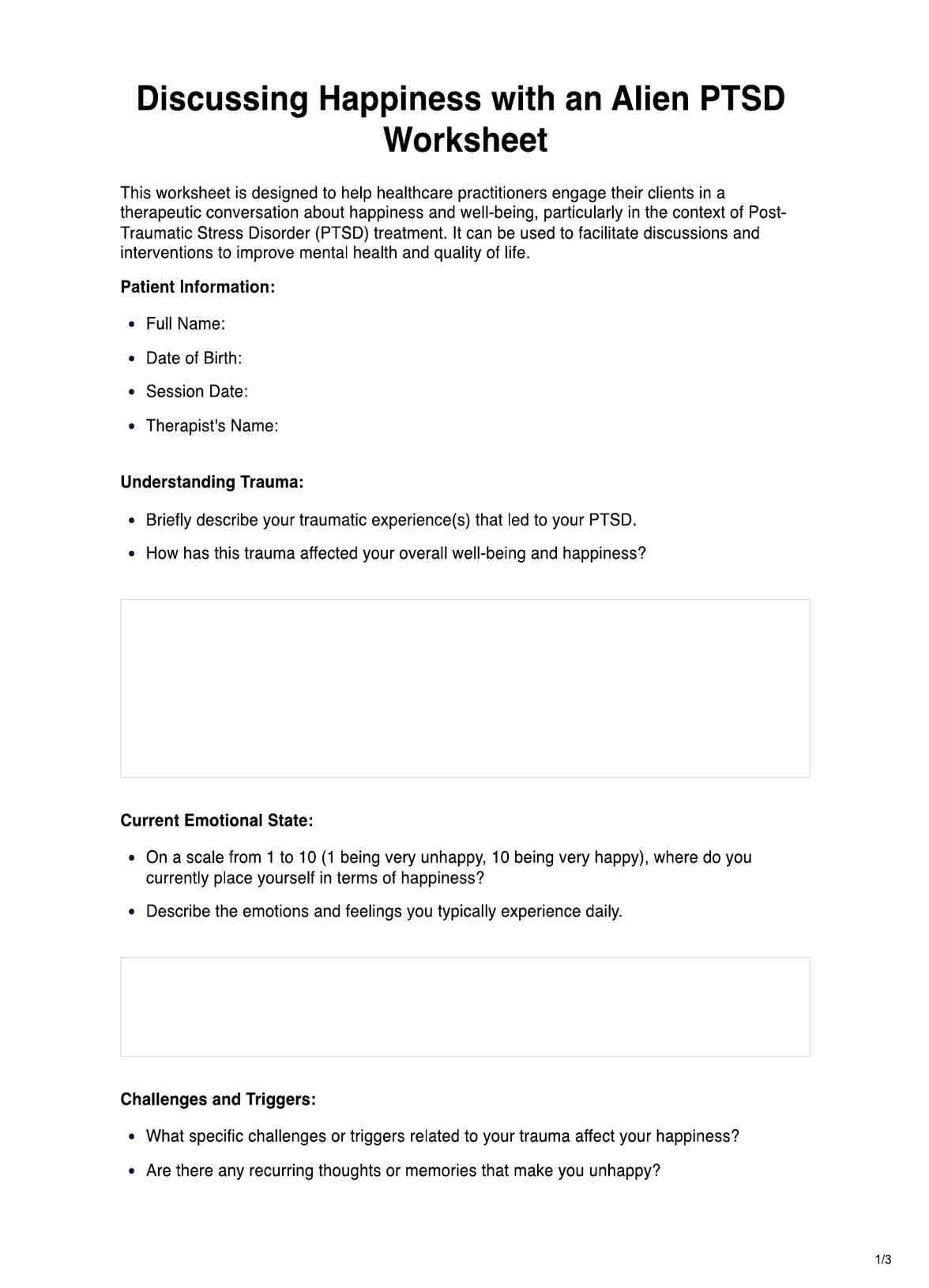
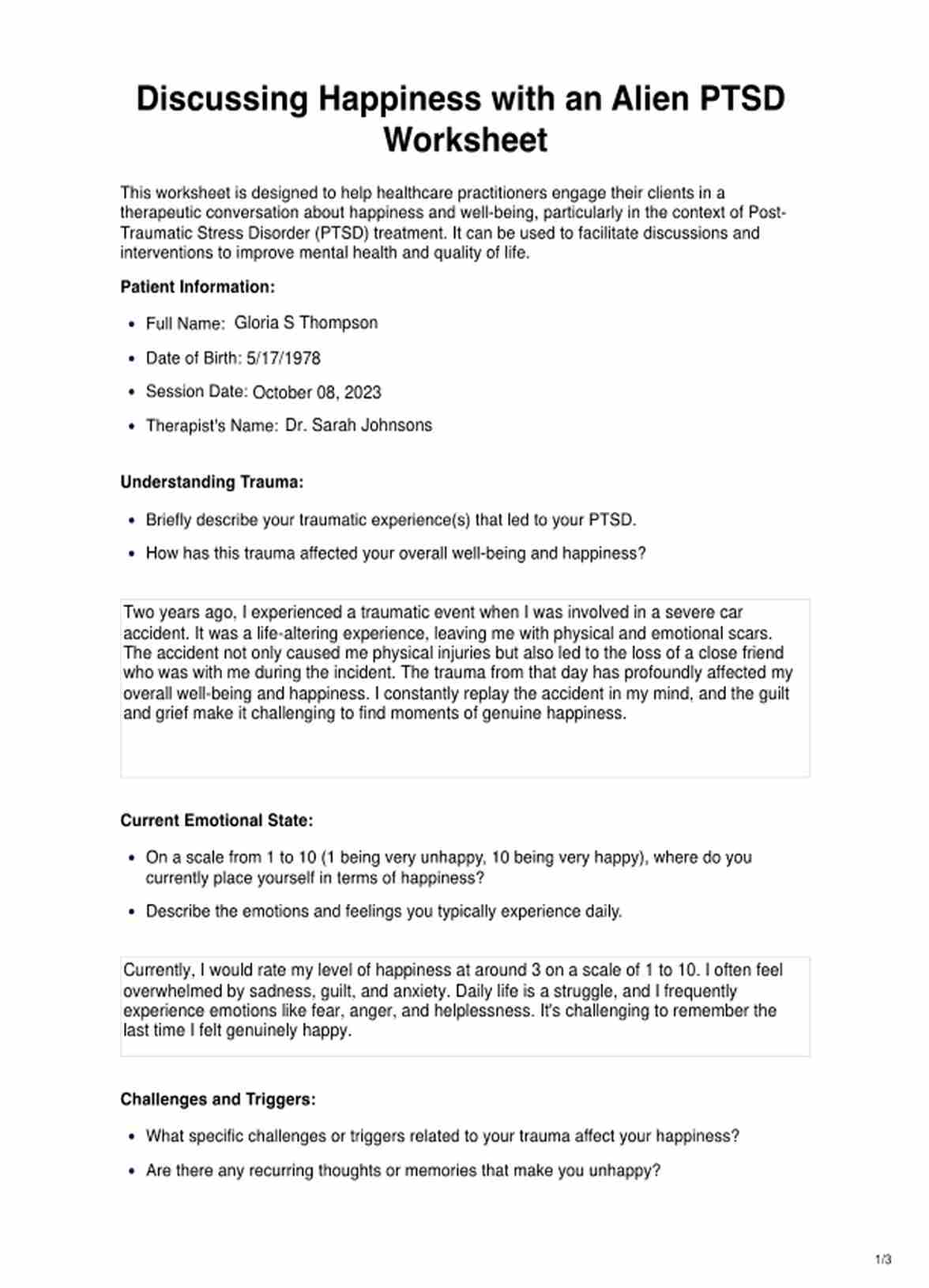
















-template.jpg)




















































































